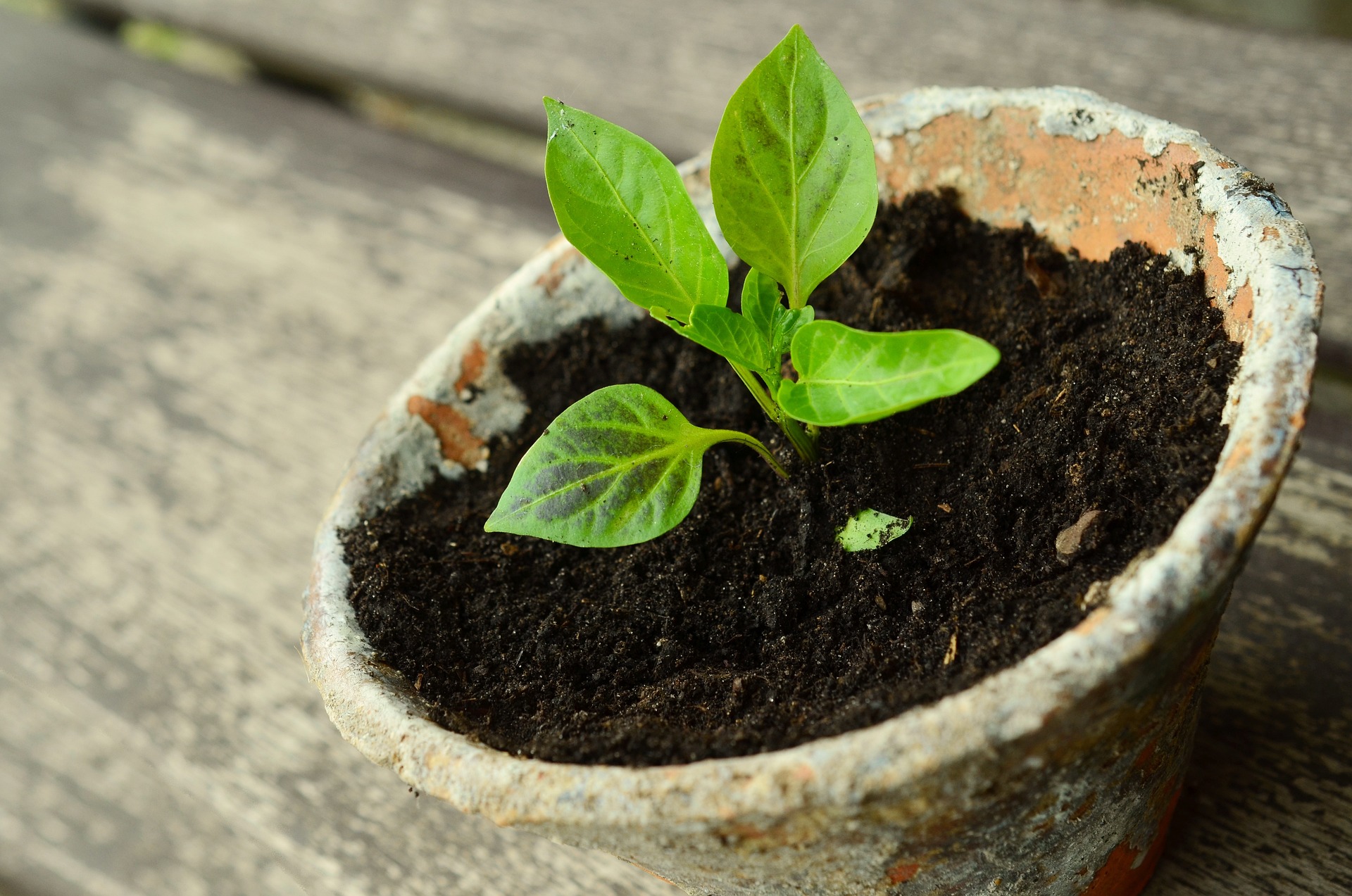Biochar Production and Application
Hampshire Eco Farms integrates biochar, a carbon-rich charcoal from biomass, to boost soil health, sequester carbon, and enhance sustainability.

Benefits of Biochar
Soil Health Improvement:
-
• Nutrient Retention: Biochar enhances the soil's ability to retain nutrients, reducing the need for chemical fertilizers and promoting healthier plant growth.
-
• Improved Soil Structure: It improves soil structure, increasing aeration and water retention capabilities.
Carbon Sequestration:
-
• Long-term Carbon Storage: Biochar sequesters carbon in a stable form, preventing it from returning to the atmosphere and thus contributing to climate change mitigation.
-
• Puro.earth Guidelines: By adhering to the Puro.earth biochar methodology, Hampshire Eco Farms ensures that our biochar production meets stringent standards for carbon removal and long-term stability.
Enhanced Crop Yields:
-
• Increased Productivity: The use of biochar has been shown to enhance crop yields by improving soil fertility and health.
-
• Reduced Inputs: With better nutrient and water retention, the need for additional inputs such as fertilizers and water is reduced, leading to cost savings and more sustainable farming practices.
Environmental Benefits:
-
• Reduction in Greenhouse Gas Emissions: Biochar production can reduce emissions of methane and nitrous oxide from soils.
-
• Waste Management: Utilizes agricultural waste and other biomass that would otherwise decompose and release CO2, turning it into a valuable resource.

Biochar Production and Application
Integration with Farm Operations
-
1. Soil Application: Biochar will be applied to crop fields to enhance soil fertility and improve crop yields.
-
2. Carbon Credits: Participation in carbon credit markets through verified carbon sequestration practices.
-
3. Research and Development: Ongoing research into optimizing biochar production and application techniques to maximize benefits.

Biochar Production and Application
Integration with Farm Operations
-
1. Soil Application: Biochar will be applied to crop fields to enhance soil fertility and improve crop yields.
-
2. Carbon Credits: Participation in carbon credit markets through verified carbon sequestration practices.
-
3. Research and Development: Ongoing research into optimizing biochar production and application techniques to maximize benefits.
Economic Impact
Revenue Generation
Sale of biochar as a soil amendment and participation in carbon credit markets provide additional revenue streams.
Cost Savings
Reduced need for chemical fertilizers and improved crop yields result in cost savings for the farm.









